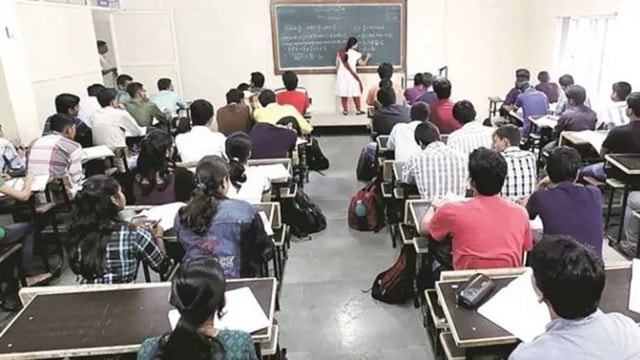
The issue of income inequality in India has reached the hustings. Rahul Gandhi has stated that, if returned to power, the Congress party will lower it through asset redistribution. Subsequently, party adviser Sam Pitroda proposed an inheritance tax. Estimates place India among the most unequal societies in the world today. Then there is the issue of the standard of living. At the bottom end of distribution, the level of deprivation, measured in terms of access to the basic necessities of life, is very high. On the other hand, the richest in India enjoy considerable affluence by international standards. As India is a democracy, this is a glaring anomaly. It need not be surprising then that the matter came up at election time. Public policy, driven by politics, alone can tackle rising inequality and persisting poverty.
Flawed logic of cash transfer and wealth redistribution
For at least a decade, political parties, both at the Centre and in the states, have been transferring cash and private goods to sections of the population. An egregious instance of cash transfers is the PM-Kisan Samman Nidhi, whereby a sum of Rs 6,000 is given to farmers per annum. While many farmers are poor, not all who receive the transfer are leading, to the realisation that the scheme is perhaps devised to win political allegiance. But significantly, note that the sum of Rs 6,000 is low in relation to the per capita income of the Indian population. This exposes the limits of what is feasible via income transfer, unless government revenues were to increase substantially or some major items of public expenditure are cut severely. It has a bearing on the proposal for a universal basic income scheme (UBI), promised by Rahul Gandhi in 2019. Under the current circumstances, UBI, being a cash transfer made to the entire population, is unlikely to result in much income to the average household. This would also largely be true of the suggestion that the wealth of the country be re-distributed among the population. Apart from land, the physical re-distribution of assets in India today would yield an unviable outcome. A factory is an ensemble that may not remain productive once it has been broken-up into parts for redistribution among private households. Land can be apportioned more easily than machines, but the resulting parcels may be unviable too. However, redistribution through taxation stays feasible and relevant, and an inheritance tax merits consideration.
Better public schools and hospitals, less poverty and inequality
What the global history of equality points to is unambiguous. The movement towards greater equality in the West had been accompanied by two major developments. The first is the provision of mass public schooling. An associated arm of the welfare state has been the public provision of healthcare. The other development was the rising fiscal capacity of the state, that is, the public revenues have expanded in relation to national income. The latter is not surprising, for public provision has to be funded. India has had government schools and public hospitals for over seven decades by now. So the concept is hardly new to its political landscape. What is lacking, however, is any commitment to ensuring reasonable quality. It is no secret that some poor households in India skimp on food in order to purchase a private education for the children and private medical treatment for the family in an emergency. Inadequate public provision of healthcare and education over decades underlies both the slow growth of India’s economy and the rising inequality it displays so starkly by now. Good health and education determine the capabilities of a population. The gap in the capabilities of Indian workers and their counterparts in the rest of Asia has meant that India has not been able to take advantage of the global market, despite the removal of all trade barriers since 1991. In general, low capabilities result in low productivity, and therefore income poverty, for a substantial section of the Indian population. On the other hand, the high inequality within India reflects the gap in the capabilities of those who are able to surmount the indifferent quality of health and education provided by the Indian state through private means and those who cannot. Till such time as this gap is plugged, India will remain a highly unequal country. A one-shot redistribution of wealth or the adoption of a universal basic income scheme are not substitutes for building the capabilities of the mass of the population, termed human development. India never set for itself such a task at the time, in the 1950s, when the rest of Asia did.
Human development, a task for Centre and states
While it is good that the issue of inequality in India has been brought into the public discourse, an aspect of India’s political economy that would matter in its reduction cannot be overlooked. It is that the Centre is not the determining factor in human development in the country, for education and health are items on the Concurrent List. The role of the states in its promotion may be seen in the wide disparity that exists between them in terms of outcome. The broad pattern is that the South leads the country in human development, with exceptions in the North to be found in Himachal Pradesh and among Northeastern states. These states also have levels of poverty and per capita income greater than the national average, indicating that human development is that distinguishing factor when it comes to economic inequality.
The writer is an economist

